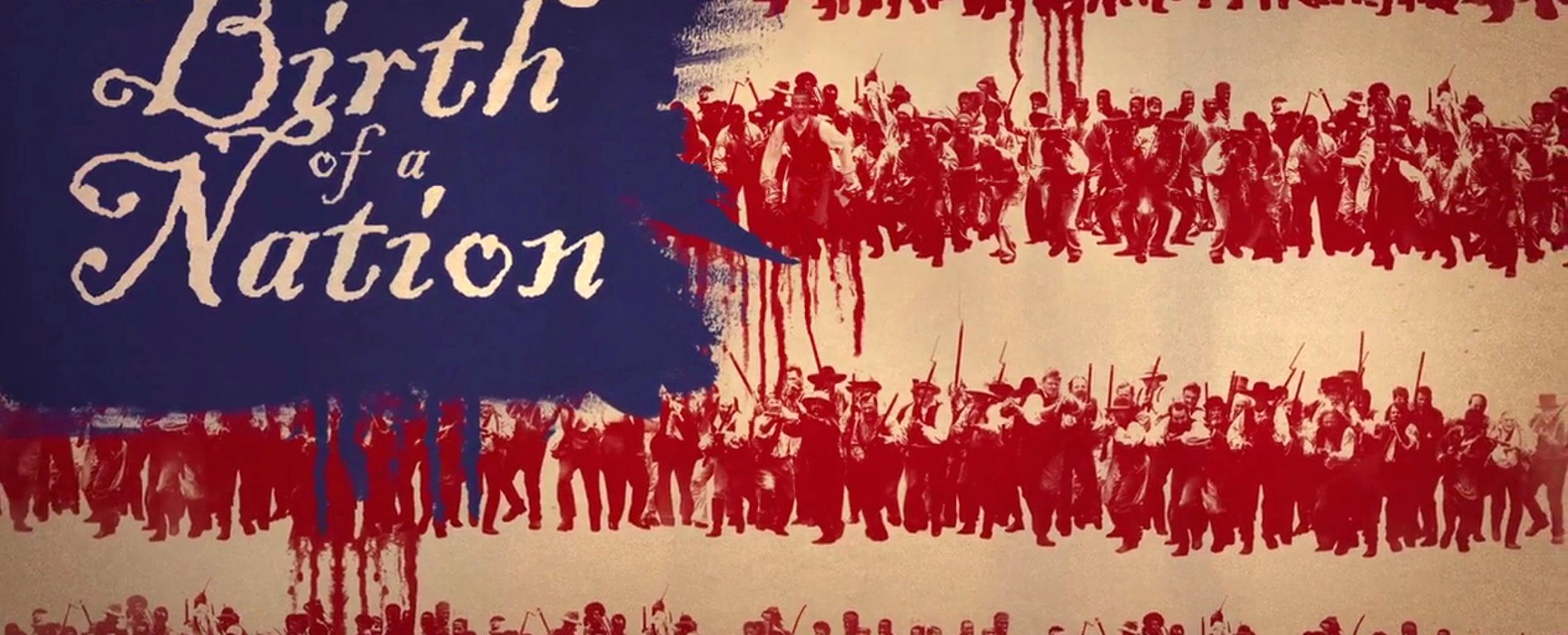There has been a long history of Western civilisations absolutely bastardising other races in the name of greed. It’s a fact that we cannot deny and while we aren’t the generation that stole people from other countries and abused them into slavery, we should never forget that happened and that our ancestors should be ashamed. After all, there are still generations alive that are living with segregation spawned from slavery and there are people alive today that run rampant with racism.
Our white cultures need to recognise anti-black sentiments still around that root themselves in slavery and should use that to shape a better future where all races are equal.

With that in mind, when movies come around such as The Birth of a Nation, they highlight the history we should never forget. And against movies such as 12 Years a Slave, Nate Parker’s rebellious flick was swamped with a lot of hype that, sadly, it cannot entirely match.
Directed, written, and staring Parker, the film revolves around Nathaniel Turner who was an educated slave who became the plantations preacher, serving sermons to other farms and slave groups in order to inspire them with the good word of the Lord. However, after seeing the conditions that other black people are living in, Turner’s patience becomes anger righteous anger as he gathers up a rebellious force to fight back.
The Birth of a Nation has some terrific acting in it, particularly from Parker himself who is able to capture quieter moments of pain and suffering as well as the hope he has within his faith to endure and eventually rebel. Other leads such as Gabrielle Union and Colman Domingo each portray the trials and suffering of these horrific events. These serve as haunting at staunch reminders of the absolute terror white people inflicted on slaves.
The subject matter and therefore the images and scenes within the film are harrowing. The absolute torment and abuse inflicted on slaves was completely unjust. Parker isn’t afraid to showcase these bloody bruises and open wounds, juxtaposing them with wide-eyed fantasy and alluring dream sequences.

As searing and visceral as the aforementioned elements are, the film suffers from a lack of narrative cohesiveness and choppy editing. There is a lot of build up and it leaps massively from time period to time period without a natural development. It’s hard to quantify exactly why the story falls apart, leaving you wanting for a more gripping tale. Perhaps it’s because the scenes don’t have an engaging build-up and are loosely threaded together or perhaps it’s the constant Christian verses that are meant to denote the change in Nate that – to be honest – are off-putting if you don’t follow the religion, making it secular to those with experience in the Bible.
On top of this, women aren’t given great or embellished roles. They are pawns, extra levels of suffering for the men. They are beaten and raped but have no agency or personality to prop up their husbands or sons. Comparatively to Patsy in 12 Years A Slave who has her own strength amongst he pain, the women are shallow characters with no greater purpose and are ultimately left behind in the film.
The Birth of a Nation is also victim to hype, where the quality of the content doesn’t match the ferocity of acclaim that came before hand. It also brings to question whether we should, instead, focus our energies away from slavery and invest in other black stories such as Moonlight, Queen of Katwe, and A United Kingdom.
While Parker’s undeniably powerful film may have unpolished elements, it certainly brings a lot of questions and thoughts to the surface.
The Birth of a Nation is playing as part of the BFI London Film Festival.
It is released in cinemas


Definitely agree with what you said about focus and where our focus should be on…lesser known indies like Moonlight are grabbing my attention more and could possibly be the better film of the two. Nation was super-hyped for me personally, and I was ultimately let down by the end result.
LikeLike